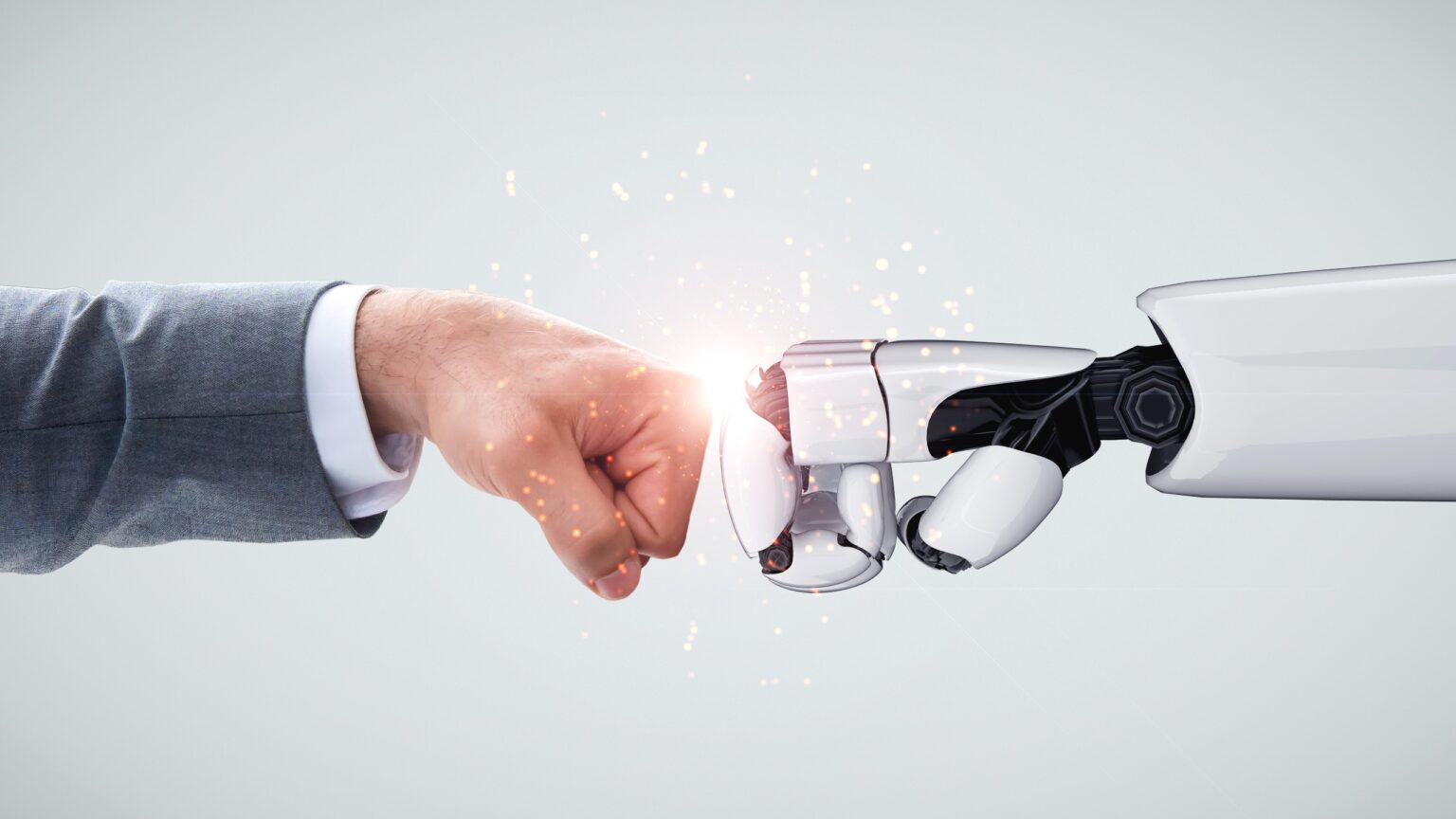The continuous advancement of artificial intelligence (AI) has already worried job holders, and it has the potential to replace white collar jobs too, experts say.
Chatbots and AI tools like ChatGPT, Midjourney, and Dall-E are being considered as the replacements for highly paid photographers and content writers.
Also read: ChatGPT Pricing and Professional Features Revealed
Bill Gates, co-founder of Microsoft and billionaire, visits Australia and declares that AI has the capability to substitute jobs in fields like teaching and medicine.
‘AI is going to help us with teaching kids, it’s going to help us with access to healthcare workers, making healthcare more efficient.’ Gates told ABC, Australia.
Gates explained that AI will not only affect blue-collar jobs but also has the potential to affect white-collar jobs, citing some of the work of doctors as an example.
‘It Won’t Match Humans’
Even AI always surprises, but it has limitations and will not match the human personality.
‘It will be able to tutor kids and give medical advice but it won’t match humans, not in the fullest sense of human personality,’ said Gates.
AI vs creative copyright: courts may make a distinction between the machine's "mechanical" rearrangement vs human expressed reinterpretation.
— Kim Benabib (@KimBenabib) January 22, 2023
AI is still in its early stages, with some companies prohibiting it and others allowing it worldwide.
Answering the interviewer Gates denied if AI will ever be replicate his “brain with all its quirks and complexities”.
“Well, not exactly. It’ll be able to help tutor kids and get medical advice, but it won’t match humans.” It will not match Bill Gates “in the fullest sense of human personality, no,” said Gates.
Which Jobs are At Risk?
Through a text command, chatbots and artificial intelligence tools like ChatGPT, Midjourney, and Dalle-E can prepare anything from a high school assignment, thesis proposal, and complex code to a high-tech, ai-generated realistic picture. AI can validate human-written code, fix bugs, and convert ideas from plain text into programming languages like JavaScript and Python.
AI or not, it looks beautiful pic.twitter.com/MjRqD9nb6F
— Edu (@EduEle5) December 9, 2022
“In terms of jobs, I think it’s primarily an enhancer than full replacement of jobs,” said, Oded Netzer, Columbia Business School professor.
Coding and programming are good examples, and they can write code quite well, according to Netzer.
“If you are writing a code where really all you do is convert an idea to a code, the machine can do that. To the extent we would need fewer programmers, it could take away jobs. But it would also help those who program to find mistakes in codes and write code more efficiently,” said Netzer.
AI can handle mid-level white-collar jobs like writing human resources letters, producing advertising copies, and drafting press releases.
“Bots will be much more in the realm of people who do a mixture of intuitive and mundane tasks like writing basic advertising copy, first drafts of legal documents. Those are expert skills, and there is no question that software will make them cheaper and therefore devalue human labor,” said David Autor, MIT economist.
AI vs creative copyright: courts may make a distinction between the machine's "mechanical" rearrangement vs human expressed reinterpretation.
— Kim Benabib (@KimBenabib) January 22, 2023
Industries that rely on creativity are at higher risk of its impact. Sir Martin Sorrell, a prominent advertising executive and founder of WPP, has predicted that within the next five years, the process of purchasing ad space by companies will be significantly improved through automation.
“So you will not be dependent as a client on a 25-year old media planner or buyer, who has limited experience, but you’ll be able to pool the data. That’s the big change,” said Sorrell.
Experts predicted that jobs like legal functions, mid-level writing, and computer programming would be affected by the advancement of artificial intelligence.









 and then
and then